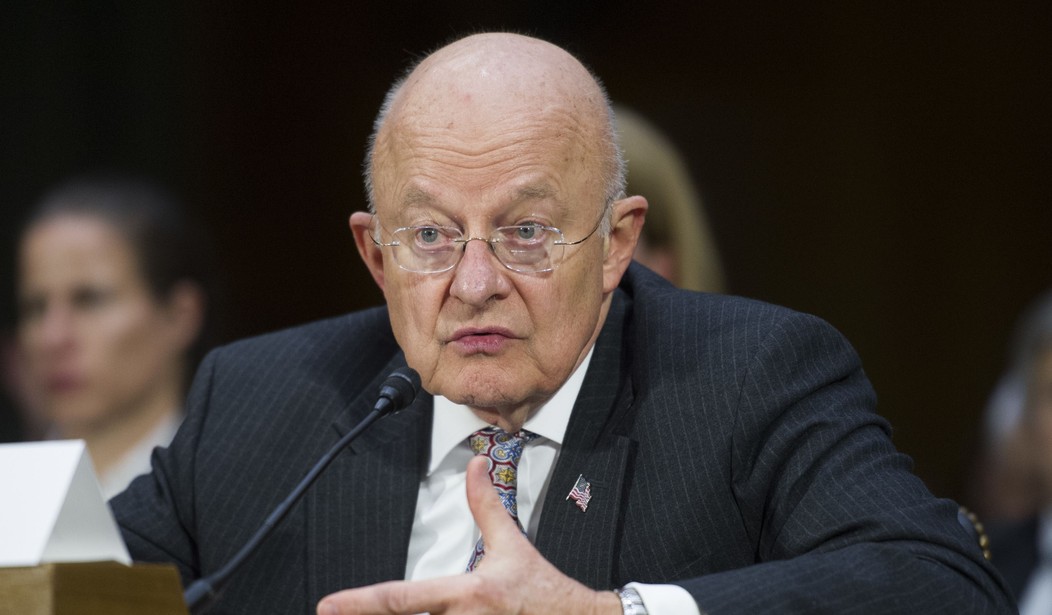 |
President Donald Trump, as expected, has signed an executive order revoking the security clearances of 51 intelligence officers who signed a letter portraying Hunter Biden’s laptop as ‘Russian disinformation’ before the 2020 presidential election. The order also authorizes further investigation into those involved in the publication of the infamous letter. It requires the "Director of National Intelligence, in consultation with the Director of the Central Intelligence Agency" to "revoke any current or active clearances" of the listed 51 individuals. Former Director of National Intelligence James Clapper, former CIA Directors Mike Hayden, John Brennan, and Leon Panetta, and former National Security Advisor John Bolton are on the list. Evidence that the newly minted 47th President is not content with simply holding people accountable who have already been publicly shamed by adding their own signatures to that letter, Trump has authorized further investigation into the matter. Per the EO:
The order demands that the DNI submit an assessment within the report, providing recommendations to prevent intelligence officials from "inappropriately influencing domestic elections" in the future. It also seeks recommendations for "any disciplinary action ... that should be taken against anyone who engaged in inappropriate conduct related to the letter signed by the 51 former intelligence officials." Consequences at Last: Trump Ready to Pay Back 51 'Former Intelligence Officers' Who Misled America That's where things have the potential to get very interesting. Subsequent congressional investigations into the letter and its signatories have shown that intel officials did not act alone in attempting to delegitimize the Hunter Biden laptop story. In a transcribed interview with the House Judiciary Committee and the House Intelligence Committee, former acting CIA Director Mike Morrell testified that he received a call from former Secretary of State Antony Blinken discussing the laptop story. Blinken was serving at the time as a senior advisor to the Biden campaign. Morrell claimed the conversation spurred him to gather various signatures from intel officials to help discredit the very real Hunter Biden laptop story. Prior to the communication with Blinken, Morrell testified that he “did not” have any intent to write the public statement that would lead to a massive media blackout of the story. “His call triggered that intent in you?” a committee interviewer asked, to which he replied: “It did, yes.” In other words, the Biden campaign was the impetus for the letter, intel officials swore to it, the media dutifully refused to cover it, and social media shut down those who did. It was a coordinated election interference campaign. Making the 2020 presidential election rigged. Blinken, notably, was not pardoned by former President Joe Biden on his way out of the White House. Nor were these intelligence officials. Clapper, years after signing the letter, tried claiming the letter had been taken out of context and “distorted.” “There was message distortion,” Clapper told the Washington Post. “All we were doing was raising a yellow flag that this could be Russian disinformation.” Others, though, didn't backtrack. Former CIA officer, David Priess, whose name is on the list of those intel officials whose security clearance has been revoked, was given a platform two years later to offer an apology on Fox News and instead doubled down. “Do you regret signing on to the letter?” Fox anchor Bret Baier asked. “Absolutely not. Because those words are still true,” a defiant and shameless Priess responded. Douglas Wise, a former senior CIA operations officer whose clearance is no more, later admitted that he and others knew the contents of Hunter's laptop “had to be real” but they chose to sign on anyway. “All of us figured that a significant portion of that content had to be real to make any Russian disinformation credible,” Wise acknowledged during an interview with The Australian. He would also submit that the letter was not meant to say it was Russian disinformation but, rather, was simply "a cautionary letter.” Wise, like Priess, insisted he “(did not) regret signing” the letter “because the context is important.” Perhaps they'll have some regrets now that their security clearances have been revoked and their actions will be further investigated. |



No comments:
Post a Comment